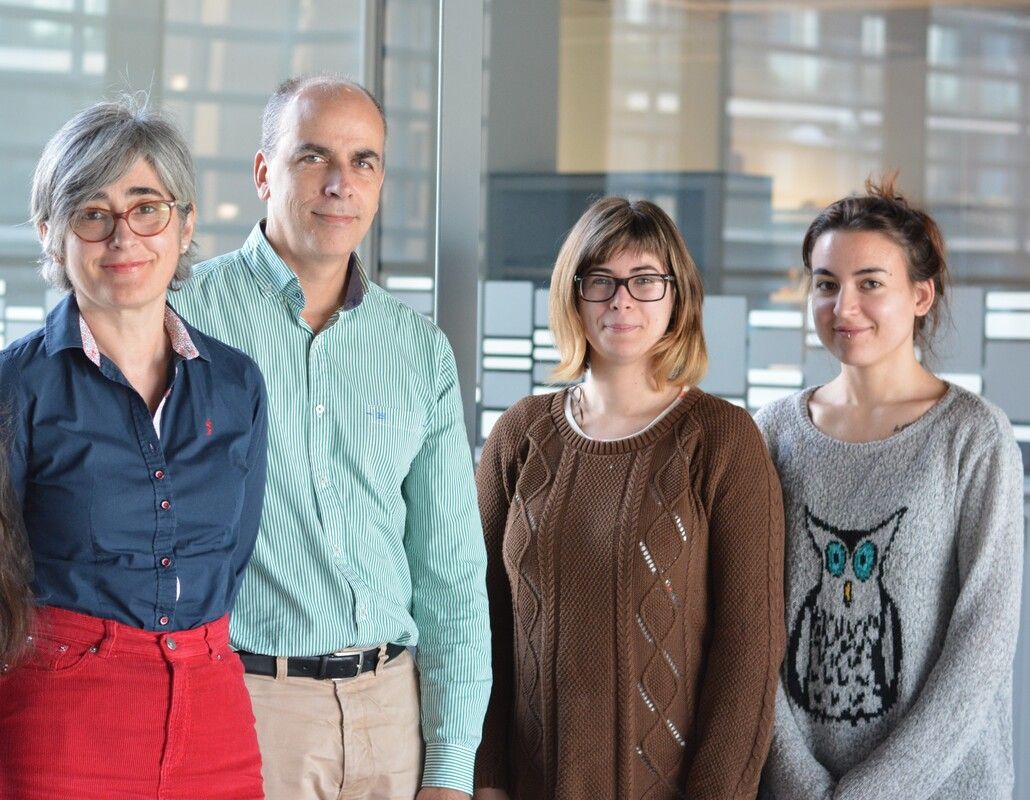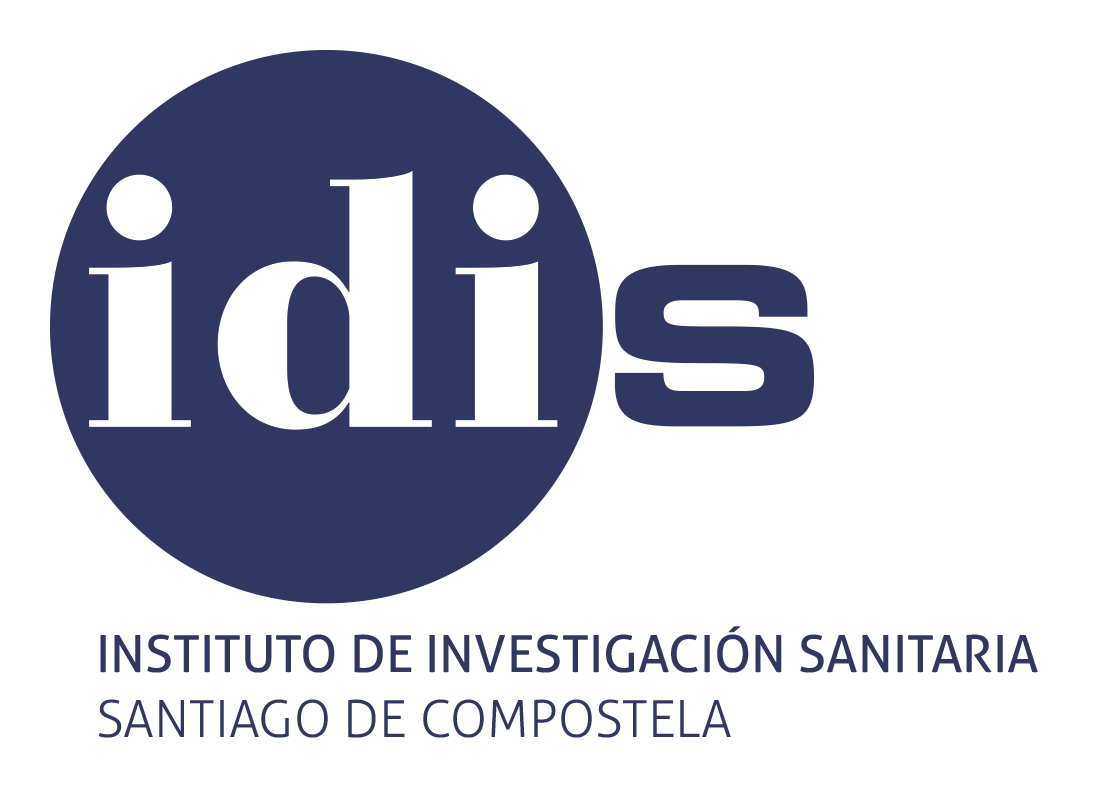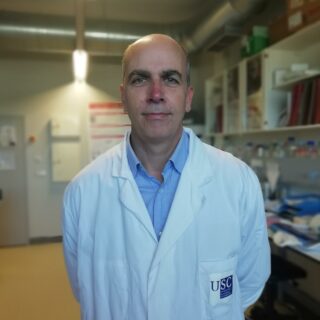ÁREA: NEUROCIENCIAS

Objectives and lines of research
Objectives
Our group is dedicated to the study of the biology of Ste20 kinases and the pathogenesis and pathophysiology of brain cavernomas.
Lines of research
- GCKIII (Ste20) proteins and metabolism
- Pathogenesis and pathophysiology of brain cavernomas
Research team
Projects
Publications
-
C. M. Pombo, C. Iglesias, M. Sartages, J. Zalvide (2019) MST kinases and metabolism. Endocrinology. 160(5):1111-1118, https://doi.org/10.1210/en.2018-00898.
-
M. Sartages, E. Floridia, M. García-Colomer, C. Iglesias, M. Macía, P. Peñas, P-O Couraud, I. A. Romero, B. Weksler, C. M. Pombo, Juan Zalvide (2020) High levels of receptor tyrosine kinases in CCM3-deficient cells increase their susceptibility to tyrosine kinase inhibition. Biomedicines. 8(12), 624; https://doi.org/10.3390/biomedicines8120624.
-
Miriam Sartages, Mar García-Colomer, Cristina Iglesias, Brian W Howel, Manuel Macía, Patricia Peña, Celia M. Pombo* and Juan Zalvide* (2021) The GCKIII kinases STK24 and STK25 inhibit cavernoma development. Stroke, accepted for publication.

